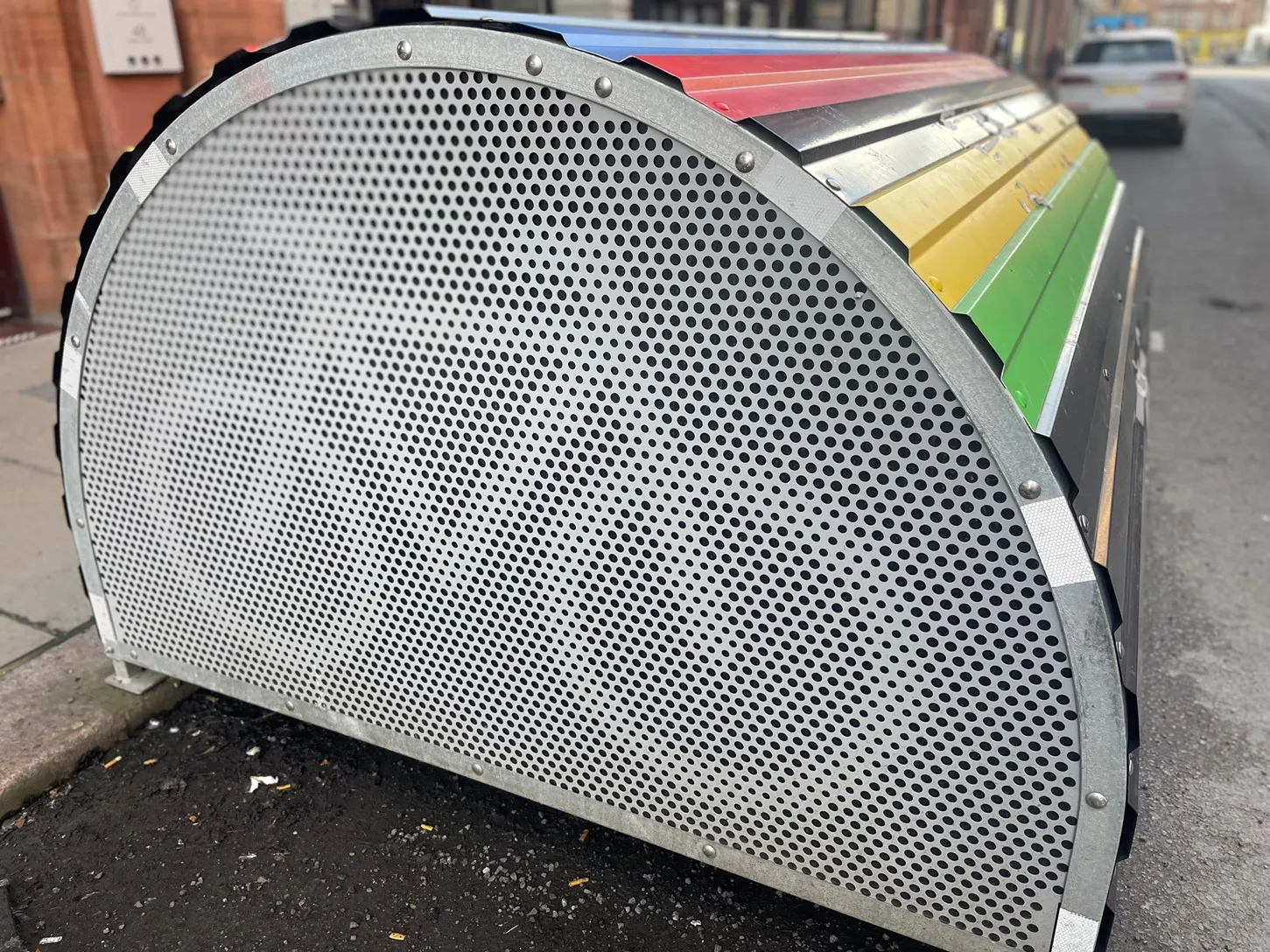Plans for a US$427 million light rail transit (LRT) system in Brazil's Minas Gerais state are moving forward.
The project, for Uberlândia city, is being spearheaded by Uberlândia federal university (UFU) and the local authorities. A draft proposal was presented to the public this week for feedback and the university is now working on a basic engineering plan. City hall and the federal government would seek funding for the construction of the project.
The LRT will have two lines, one spanning 6.9 kilom
December 8, 2014
Read time: 1 min
Plans for a US$427 million light rail transit (LRT) system in Brazil's Minas Gerais state are moving forward.
The project, for Uberlândia city, is being spearheaded by Uberlândia federal university (UFU) and the local authorities. A draft proposal was presented to the public this week for feedback and the university is now working on a basic engineering plan. City hall and the federal government would seek funding for the construction of the project.
The LRT will have two lines, one spanning 6.9 kilometres with 23 stations and with the capacity to handle around 65,000 passengers a day. The second line will span 17.5 kilometres and have 19 stations, with the capacity to transport around 15,400 passengers a day.
The project, for Uberlândia city, is being spearheaded by Uberlândia federal university (UFU) and the local authorities. A draft proposal was presented to the public this week for feedback and the university is now working on a basic engineering plan. City hall and the federal government would seek funding for the construction of the project.
The LRT will have two lines, one spanning 6.9 kilometres with 23 stations and with the capacity to handle around 65,000 passengers a day. The second line will span 17.5 kilometres and have 19 stations, with the capacity to transport around 15,400 passengers a day.










